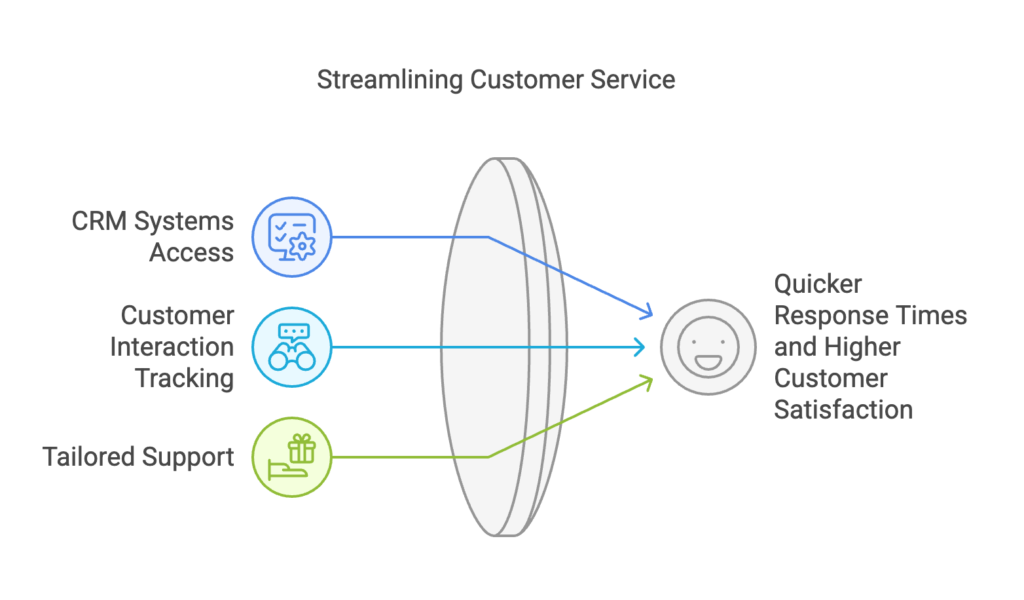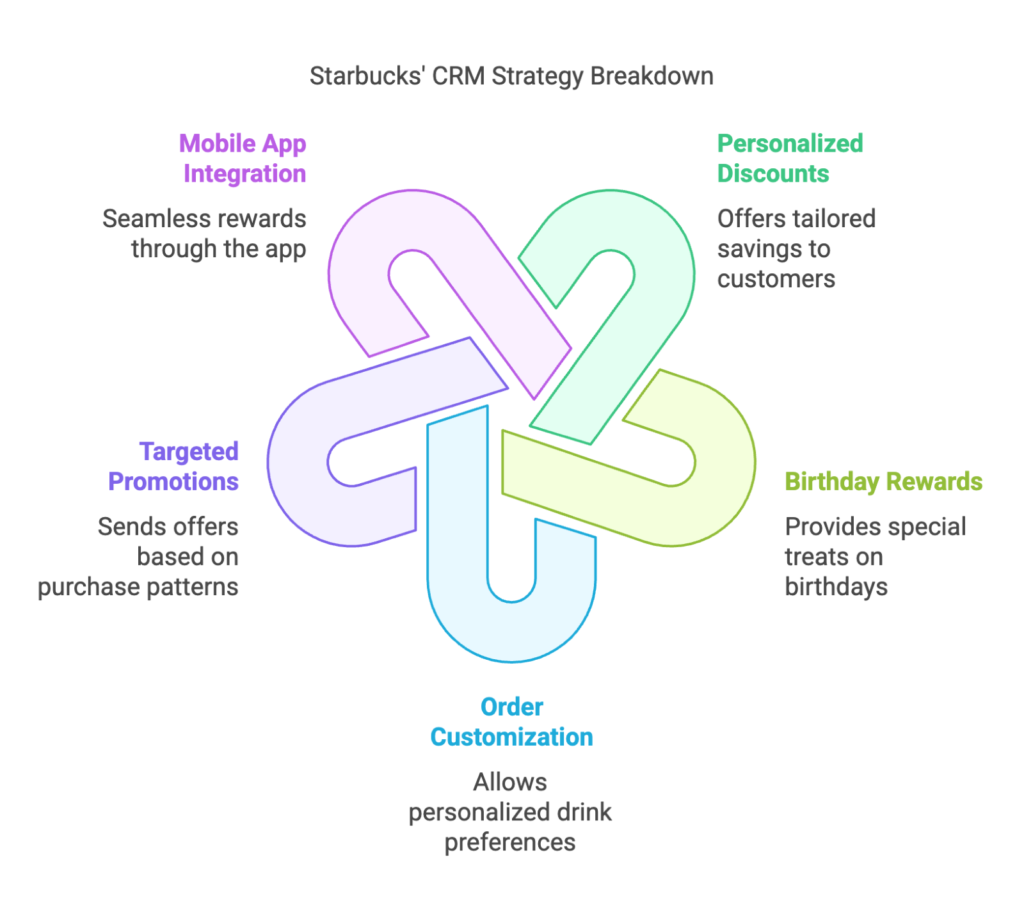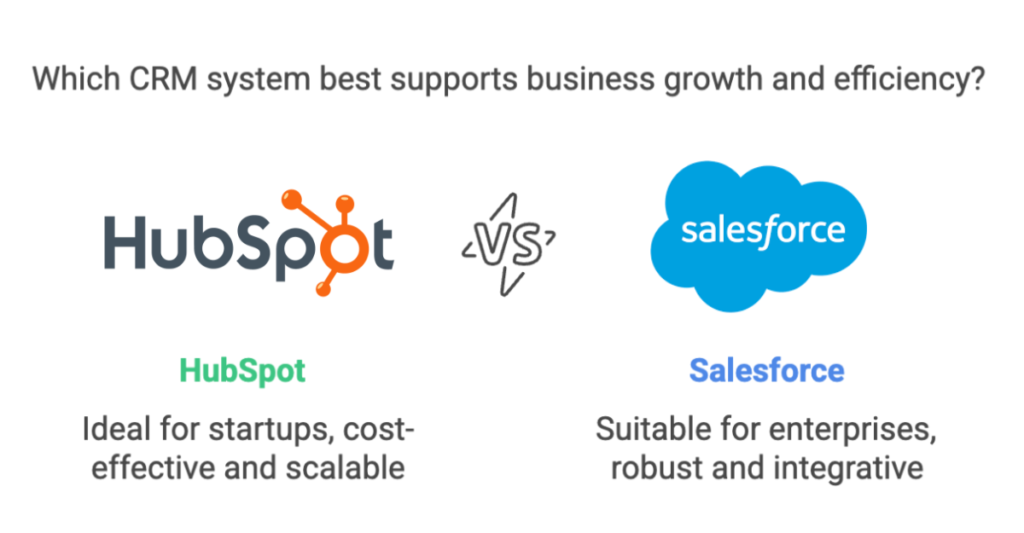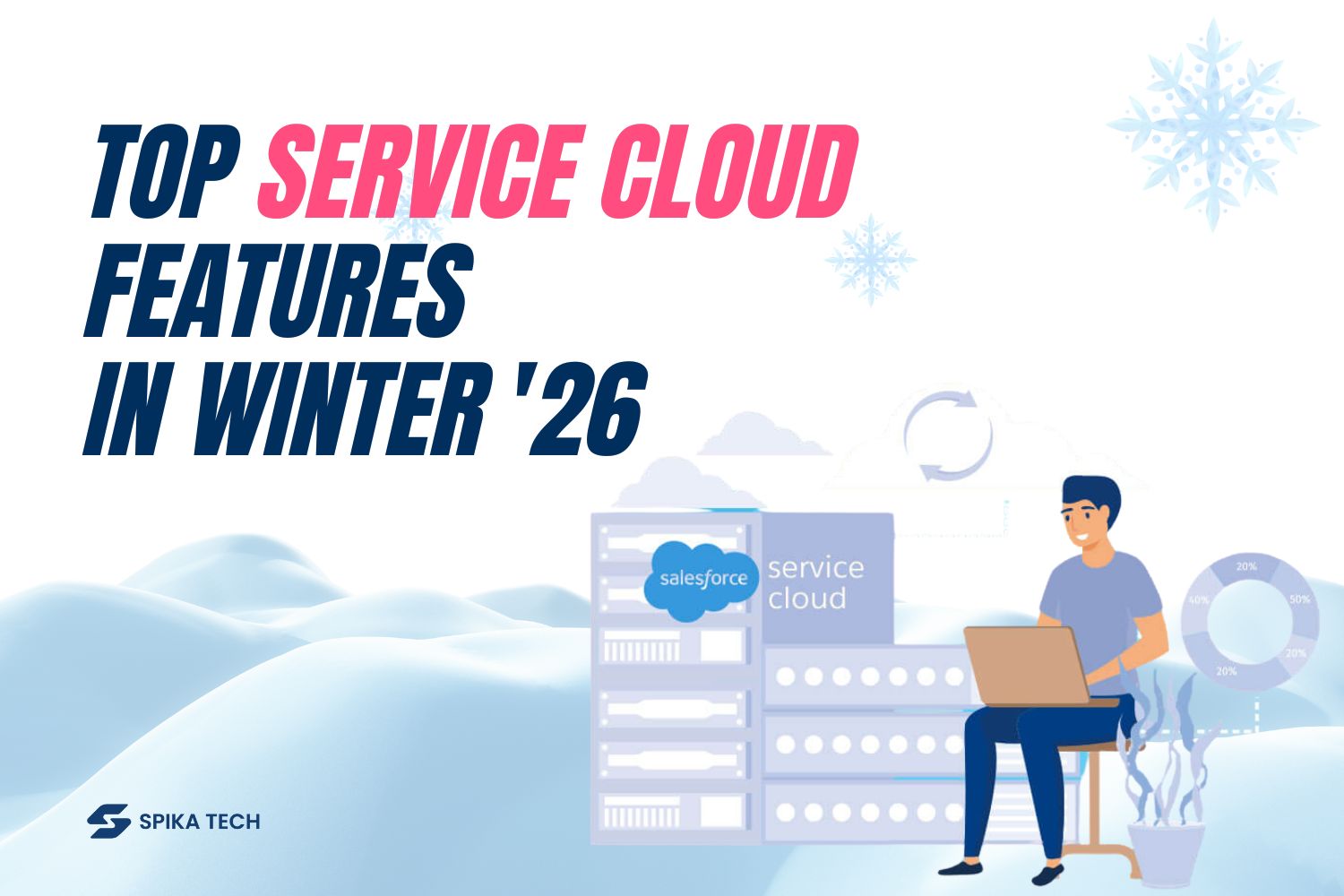In today’s fast-paced digital world, businesses face increasing challenges in managing customer interactions efficiently. With the rapid evolution of technology and the growing demand for instant communication, customers expect personalized experiences, timely responses, and seamless communication across multiple channels. This is where Customer Relationship Management (CRM) systems come into play. CRM systems act as a centralized hub for storing customer data, tracking interactions, and automating workflows, ultimately helping businesses nurture stronger customer relationships and stay competitive in an increasingly complex market. By offering businesses the tools to stay organized, prioritize customer needs, and improve overall service quality, CRM systems help build trust and loyalty, enabling companies to meet customer expectations more effectively. These systems not only streamline communication but also provide valuable insights into customer behavior, empowering businesses to make more informed decisions. But how exactly do CRM systems revolutionize customer relationships? In this article, we’ll explore the transformative impact of CRM tools, the key benefits they offer, real-world case studies, and best practices for choosing the right system that aligns with your business’s unique goals and challenges.
Understanding CRM Systems: The Backbone of Customer Engagement
Imagine running a coffee shop where customers come and go daily. Some prefer lattes, others love cappuccinos, and a few have special dietary preferences. Now, what if you could remember every customer’s favorite order, their last visit, and even their birthdays? That’s essentially what a CRM system does—on a much larger scale.
A CRM system is software that helps businesses manage customer interactions, store important details, and streamline communication. These systems collect and organize customer information, including names, contact details, purchase history, preferences, and past interactions. Businesses can use this data to tailor marketing efforts, improve customer service, and boost sales.
One of the biggest advantages of CRM systems is their ability to centralize information. Instead of scattered spreadsheets, emails, and sticky notes, businesses can access a unified database that provides a complete customer profile. This means sales teams, marketing professionals, and customer support agents can work collaboratively to enhance customer experiences.
Moreover, modern CRMs integrate with various communication channels, such as emails, social media, and chatbots, ensuring that businesses never miss an opportunity to engage with their audience. CRM systems also play a crucial role in data analysis. They can track customer behavior patterns, identify trends, and generate reports that help businesses make informed decisions. For example, if a retail company notices that a majority of its customers abandon their shopping carts at the payment stage, they can use CRM insights to refine the checkout process and reduce friction.
Additionally, automation is a key feature of CRM systems. Businesses can set up automated workflows for tasks like follow-up emails, appointment scheduling, and sales pipeline management. This reduces manual work and ensures that no customer falls through the cracks.
The Key Benefits of CRM Systems for Businesses
Implementing a CRM system is like giving your business a superpower—it allows you to anticipate customer needs, automate repetitive tasks, and build meaningful relationships. Here are some of the most impactful benefits:
Personalized Customer Interactions
People appreciate feeling valued, and CRM systems make it easier for businesses to offer personalized experiences. By analyzing past interactions and customer preferences, companies can tailor product recommendations, send customized emails, and provide targeted promotions.
For example, e-commerce giants like Amazon use CRM data to suggest products based on customers’ browsing and purchase history, increasing the likelihood of conversions.
Improved Customer Service
No one likes repeating their issues to multiple support agents. CRM systems ensure that customer service teams have access to previous interactions, allowing them to resolve issues more efficiently. This leads to quicker response times, higher customer satisfaction, and a more seamless support experience. When agents have a complete view of customer history, they can anticipate needs, personalize responses, and offer proactive solutions rather than reactive fixes. Customers feel valued when they don’t have to explain their concerns multiple times, which enhances brand loyalty and trust.
Take Zappos, a company renowned for its exceptional customer service. By leveraging CRM tools, they track customer interactions and purchase history, enabling their representatives to provide tailored support and recommendations. This not only enhances customer loyalty but also fosters a sense of trust and connection with the brand. Additionally, CRM-driven support reduces the likelihood of errors or miscommunication, ensuring a consistent experience across all touchpoints. With integrated AI and automation, businesses can also predict common issues and offer self-service options, further improving efficiency.
Beyond improving customer interactions, CRM systems allow companies to analyze service trends, identify recurring issues, and implement strategic improvements. By collecting data on customer feedback and resolution times, businesses can refine their processes, optimize resource allocation, and train support teams more effectively. This proactive approach ensures that service quality continues to evolve, leading to long-term customer retention and a stronger competitive advantage.

Increased Sales and Revenue
CRM systems empower sales teams by providing insights into customer behavior, helping them identify potential leads and close deals faster. With automation features, businesses can send follow-up emails, schedule calls, and nurture prospects without manual effort.
For instance, companies using Salesforce report a 29% increase in sales revenue, thanks to better lead tracking and automation. Additionally, CRM analytics help businesses personalize customer interactions, leading to higher engagement and loyalty. Real-time data access enables sales teams to make informed decisions, improving conversion rates. Moreover, seamless integration with other tools like marketing automation platforms and customer support systems creates a unified workflow, enhancing overall efficiency.
Enhanced Team Collaboration
A CRM system acts as a shared workspace for different departments. Sales, marketing, and customer support teams can access the same customer data, ensuring consistency in communication and strategy. This eliminates redundancies and fosters teamwork.
Additionally, CRM systems improve workflow efficiency by streamlining internal communication. Instead of relying on scattered notes or informal updates, employees can log all interactions within the CRM system, ensuring that no information is lost.
Real-World Case Study: How Starbucks Uses CRM for Customer Loyalty
A prime example of CRM in action is Starbucks, a global coffeehouse chain known for its customer-centric approach. Starbucks leverages CRM technology through its Starbucks Rewards program, which offers personalized discounts, birthday rewards, and order customization.
By analyzing purchase patterns, Starbucks can send targeted promotions, such as discounts on a customer’s favorite drink or notifications about new store openings. The CRM system also integrates with the Starbucks mobile app, allowing users to earn and redeem rewards seamlessly.
This strategy has been instrumental in boosting customer retention and driving sales. As of 2023, Starbucks Rewards accounted for nearly 57% of its total U.S. sales, proving the power of CRM-driven customer engagement.

Choosing the Right CRM System for Your Business
With countless CRM solutions available, selecting the right one can be overwhelming. A CRM system should grow with your business, ensuring scalability. Small startups might start with a simple tool like HubSpot, while larger enterprises may require robust platforms like Salesforce or Microsoft Dynamics. Integration capabilities are another crucial factor—your CRM should seamlessly connect with existing software like email platforms, e-commerce systems, and customer support tools. Popular CRMs like Zoho CRM and Pipedrive offer excellent integrations, making cross-platform functionality smoother.
Ease of use also plays a critical role. A CRM with a user-friendly interface and mobile accessibility ensures quick adoption among employees, eliminating the need for extensive training. Automation and AI features further enhance efficiency by analyzing customer data, predicting trends, and automating repetitive tasks. Advanced tools like Salesforce Einstein and Fresh sales AI leverage AI to provide actionable insights, helping businesses make smarter decisions. Cost considerations must also be factored in, as some CRM tools charge per user, while others offer tiered pricing based on features. Businesses need to weigh the cost against the benefits and select a solution that aligns with their budget and operational needs. By carefully evaluating these factors, companies can invest in a CRM system that supports growth, enhances customer engagement, and streamlines internal processes.

Conclusion
In an era where customer expectations are higher than ever, CRM systems have become a necessity rather than a luxury. Businesses that prioritize customer relationships can no longer rely on outdated methods like spreadsheets and manual record-keeping. Instead, CRM systems provide a structured and data-driven approach to customer engagement, ensuring that no interaction is overlooked. These tools enable businesses to offer personalized experiences, enhance customer service, and increase sales—all while fostering stronger relationships with their audience.
Beyond just managing contacts and sales pipelines, CRM systems help businesses build trust and loyalty by ensuring timely follow-ups, resolving issues efficiently, and offering tailored recommendations. A well-implemented CRM system does more than store customer data—it provides valuable insights into consumer behavior, allowing businesses to anticipate needs and deliver exceptional service at every touchpoint. This leads to increased customer retention, higher conversion rates, and ultimately, greater revenue growth.
For small businesses, CRM systems can be the key to scaling efficiently. Instead of relying on fragmented communication, a centralized CRM allows teams to stay aligned and work collaboratively toward shared goals. On the other hand, for large corporations, CRM tools enable seamless integration across multiple departments, ensuring that customer interactions remain consistent and cohesive, regardless of scale.
Moreover, with advancements in artificial intelligence and automation, CRM systems continue to evolve. AI-driven analytics can predict customer trends, automate repetitive tasks, and even suggest the next best action for sales teams. As businesses navigate an increasingly competitive landscape, adopting a CRM system is no longer just about managing customer data—it’s about leveraging technology to build meaningful, long-term relationships.
Whether you’re a small business owner looking to streamline operations or a corporate executive aiming for customer-centric growth, investing in the right CRM system can be a game-changer. By harnessing the power of data, automation, and AI, businesses can transform customer interactions into lasting relationships, ensuring success in an ever-evolving market.






